“The Father of Science Fiction,” Jules Verne, would be 187 if he were still alive today. He lived in the era of steam ships and telegraphs, but was able to imagine technologies that wouldn’t be invented for over a century. The Hustle had to take a closer look.

As a quick intro to this topic, way back in the mid 1800s, Verne predicted all of the following technological advances in his writings, long before they were invented.
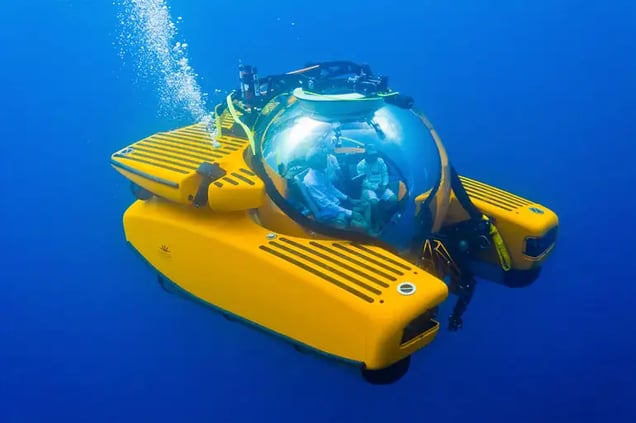
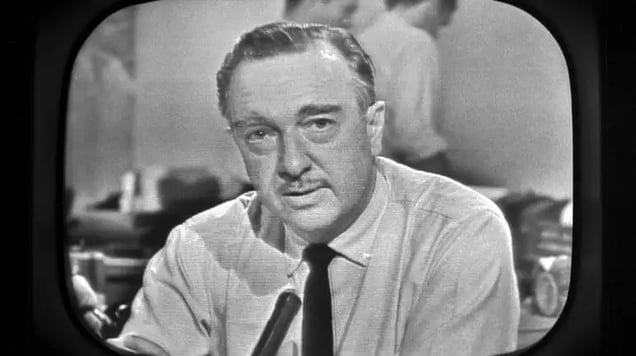
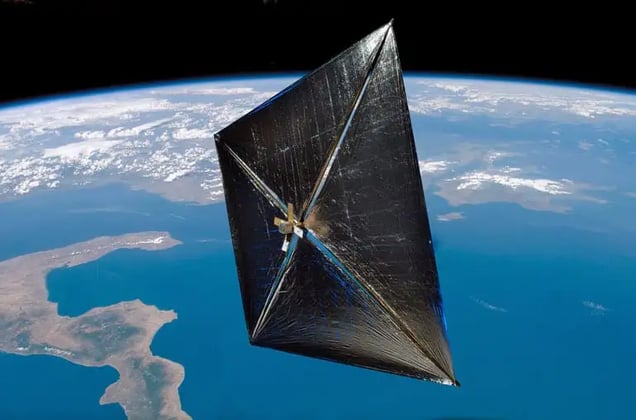
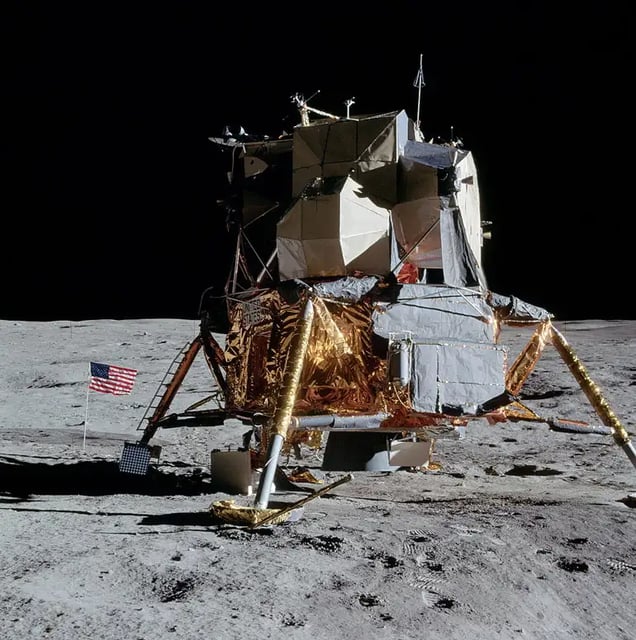

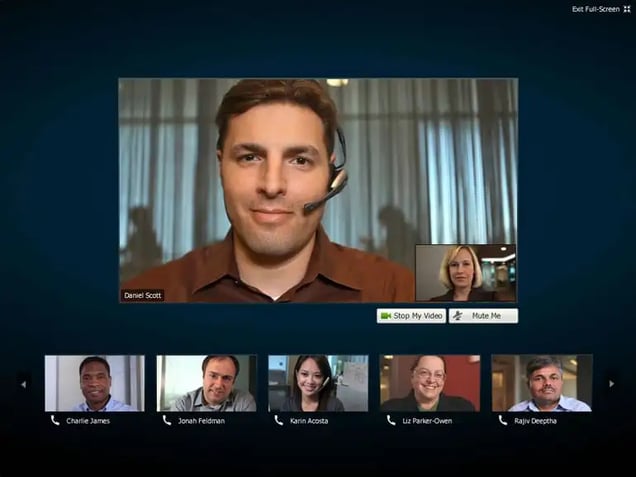
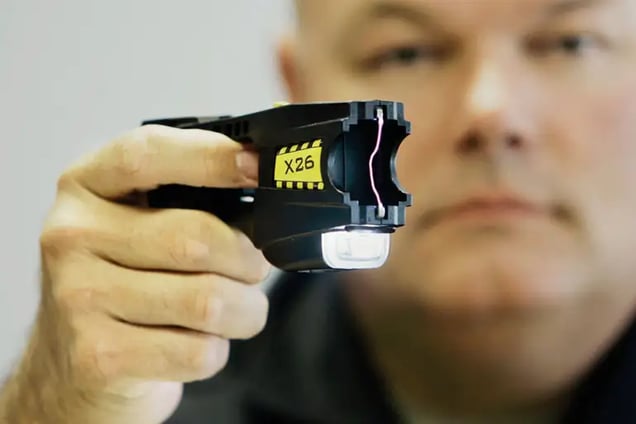
If you don’t remember Verne, he was a French author who wrote, Twenty Thousand Leagues Under the Sea, Journey to the Center of the Earth, and Around the World in Eighty Days, among others.
The stories are chock-full of world exploration and mystical monsters that Verne explains and hypothesizes the hell out of in typical Victorian, science-loving fashion.
The good ol’ 1800s
Verne’s brand of prophetic fiction is crazy, considering that he wrote so long ago. If you need a refresher, here’s what was happening in the 1860-70s when much of his work was published.
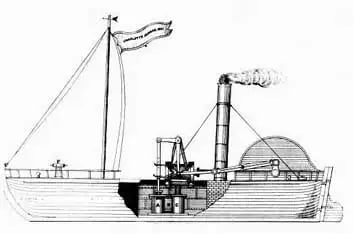
Steamships were used as a major form of transportation.
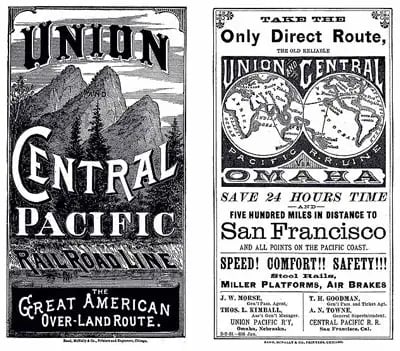
The first transcontinental railroad was completed (1869).
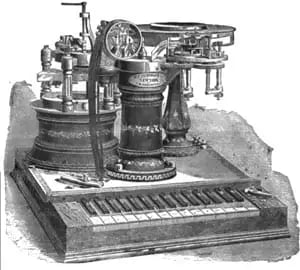
The first transatlantic telegraph cable was laid, enabling people in America and Europe to communicate instantly for the first time ever (1866).
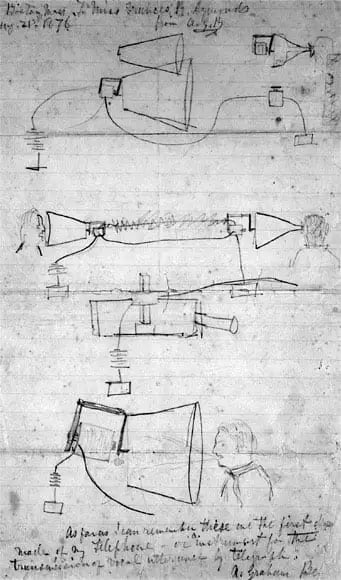
Alexander Graham Bell made the first successful telephone call (1876).
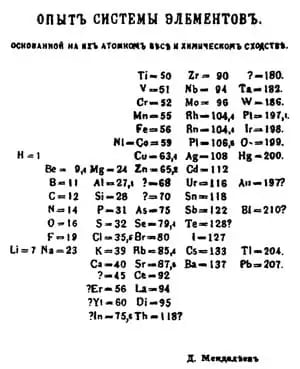
The modern periodic table of elements was developed by Dmitri Mendeleev.
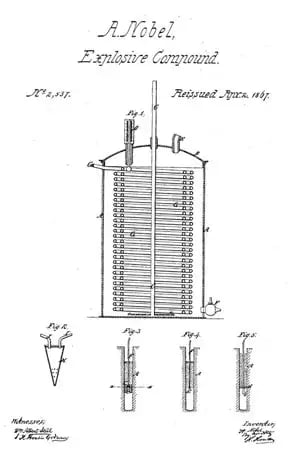
Alfred Nobel invented and patented dynamite (1867).
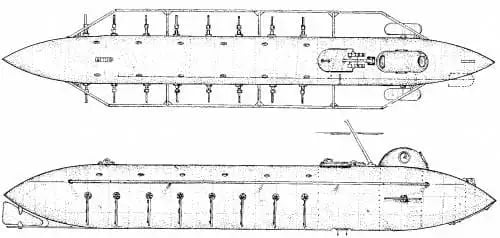
The world’s first mechanically-powered submarine was launched (1863).
Not only did Verne dream up a bunch of highly advanced technology, he also included a lot of scientific details that he could have easily chosen to leave out.
Political predictions: The battle for oil in the Arctic
And technological inventions weren’t the only thing he predicted. He had a keen eye for predicting cultural and political change.
In one of his later works, called The Purchase of the North Pole, Verne wrote a story that eerily resembles the geopolitical struggle developing around the Arctic today.
In his book, an auction is held for rights to the North Pole. The mysterious buyer who wins out over a number of national governments is a private company with a plan to fire off a giant cannon will jolt the planet and change the tilt of Earth’s axis, adjust the length of the days and climates around the earth, and melt the polar ice caps. With the Arctic melted, the execs planned to mine the north pole for coal and make a fortune.
If you’ve been reading the news, this might ring some bells for you.
As things stand now, with the polar ice caps melting, Russia, Canada, Norway, Denmark and the U.S. are all vying for control of the Arctic, which could hold a quarter of the world’s untapped oil reserves and natural gas deposits.
Other Sci-Fi authors who also predicted the future
Verne isn’t the only science fiction writer to envision inventions and cultural changes long before they became a part of everyday life.
Aldous Huxley predicted antidepressants in his novel Brave New World, published in 1931. George Orwell predicted widespread governmental surveillance in his novel, 1984, published in 1949. John Brunner predicted school shootings, electric cars and hookup culture in his book, Stand on Zanzibar, published in 1969.
But really, reading up on Verne made me wonder how he was able to predict so much and write so technically when he wasn’t a trained scientist, physicist, politician or engineer. How did he do it?
He read, a lot, on lots of different subjects
Like a lot of people, Verne’s parents had their own ideas about his career. They had their hearts set on Verne becoming a lawyer. He knew he wanted to be a writer, but played along and went to school to become a lawyer like his father.
Really, Verne was mostly pretending to study law in Paris (easy to do when mom and pop only have snail mail to check up on you) while holing up in the National Library of Paris and poring over articles on discoveries in geology and science. Eventually, he came clean to his family that he wanted to write in a new genre that tied in travel and science.
Before that, he even worked as a trader on the floor of the Paris stock exchange to support his wife and family. On the day that he quit, after signing a contract to write 40 novels in 20 years, he reportedly said, “I have written a novel in a new genre, one all my own.”
He surrounded himself with bullshit objectors
While he studied scientific journals and let all of the age’s cutting-edge discoveries feed the fires of his imagination, Verne surrounded himself with people who could be bullshit meters for his writing.
His brother was a naval officer, and Verne would often ask him to double check what he had written about ships and maritime travel. He also asked his cousin, a math professor, to look at his equations and a mining engineer friend to help him with physics, according to author Walter James Miller, who wrote annotations to Verne’s Twenty Thousand Leagues Under the Sea.
He was “paying attention”
“He predicted a lot of things that have happened, but that’s because he was reading a lot and talking with people who knew what was going on in the world around him, so why should we be surprised?” according to Rosalind Williams, a historian of Technology at the Massachusetts Institute of Technology (MIT).
“It wasn’t magic. He was just paying attention to things,” she said.
How you can see the future
Want to see into the future, too? Here’s our advice:
- Read.
- Surround yourself with people who know their shit.
- Pay attention.
Then, let your imagination run wild.
